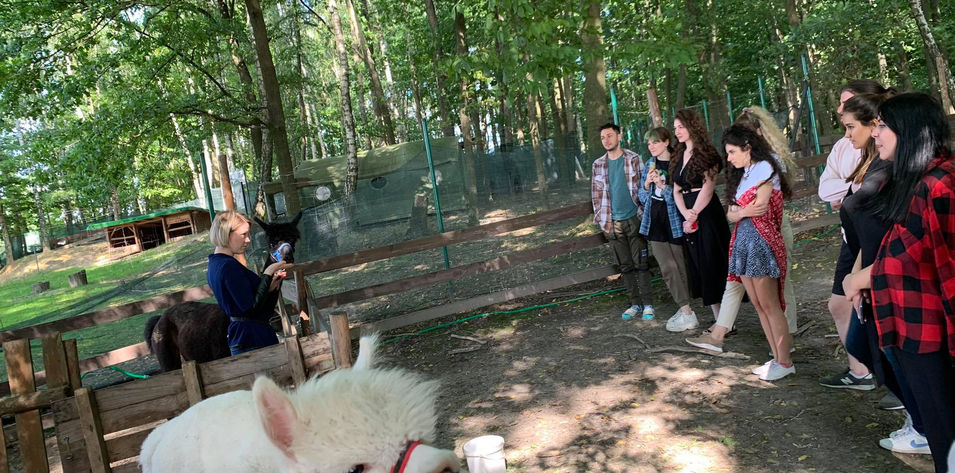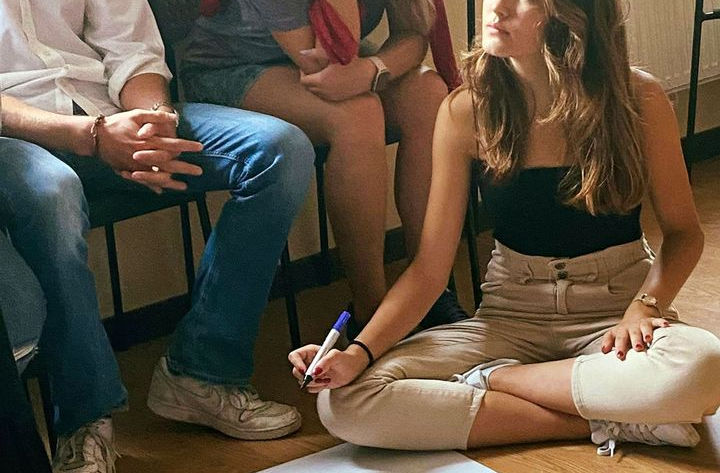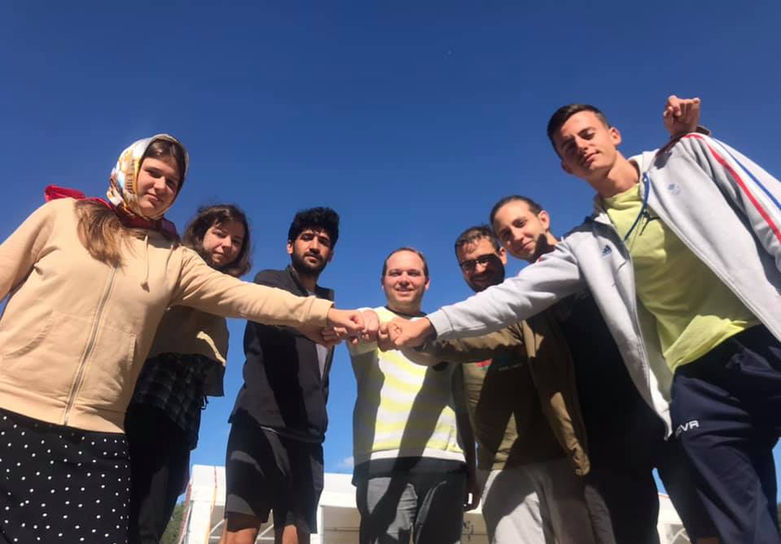
"Bookmarks vs. Hate Speech"
Erasmus+ Training Course,
Motycz Leśny nr Lublin, Poland.




SUMMARY:
27.08 (arrival) - 5/09 (departure day) 2021, Motycz Leśny
Hate speech is rarely a black-and-white, yes-or-no concern. Opinions differ both over how it should be classified and over what we should do about it. Part of the reason for the difference of opinion is that these questions are seen by most people as related: if something is classed as hate speech, it seems to warrant some action. If it is not, we assume it is acceptable, or at least, that it should be tolerated. That means that the definition we use also seems to tell us when we should act.
Some people are reluctant to ‘act’ against hate speech because they see this as an unacceptable limit on freedom of expression. For that reason, they use the term ‘hate speech’ to refer only to the very worst instances, for example, when immediate threats are made to someone’s life or security. We work in this project with a manual Bookmarks based on the Council of Europe’s definition, which takes a much broader view of hate speech. The approach taken in these pages also agrees with the idea that ‘something must be done’ about anything which falls under that definition.
Hate speech is dangerous not only because it is damaging in itself, but also because it can lead to more serious human rights violations, including physical violence. If unchecked, hate speech online feeds back into the offline world, inciting further racial tension and other forms of discrimination and abuse. The potential for hate to spread quickly in the virtual world increases its potential damage.
We aim with this project to improve the level of key competences and skills of young people, including those with fewer opportunities, to face the phenomenon of hate speech, as well as to promote understanding of intercultural dialogue, social inclusion and solidarity, through learning mobility of multinational youth workers involved in this initiative.
We aim to reach our objectives by equipping youth workers with competences needed for transferring the common fundamental values of our society particularly to the hard to reach young people and to combat hate speech. Hate speech online represents the leaves of a particularly malicious plant, whose roots lie deep in society. Pruning the leaves cannot address the wider causes of the problem.
For further details please refer to the Infopack.
BUDGET:
Food, accommodation and local travel costs (only during the activity program) will be covered 100% by the grant from local National Agency of Erasmus+. Travel costs are refunded up to the limit described in the Infopack.
WORKING LANGUAGE:
English
SAFETY AND INSURANCE:
Travel and accident insurance is a responsibility of the participants. You are advised to buy a regular travel and/ or accident insurance during your travel and your whole stay.
Throwback movie of the project
Photoshoots by the participants during the event
This project has been funded with support from the European Commission.This publication reflects the views only of the author, and the Commission cannot be held responsible for any use which may be made of the information contained therein.



























